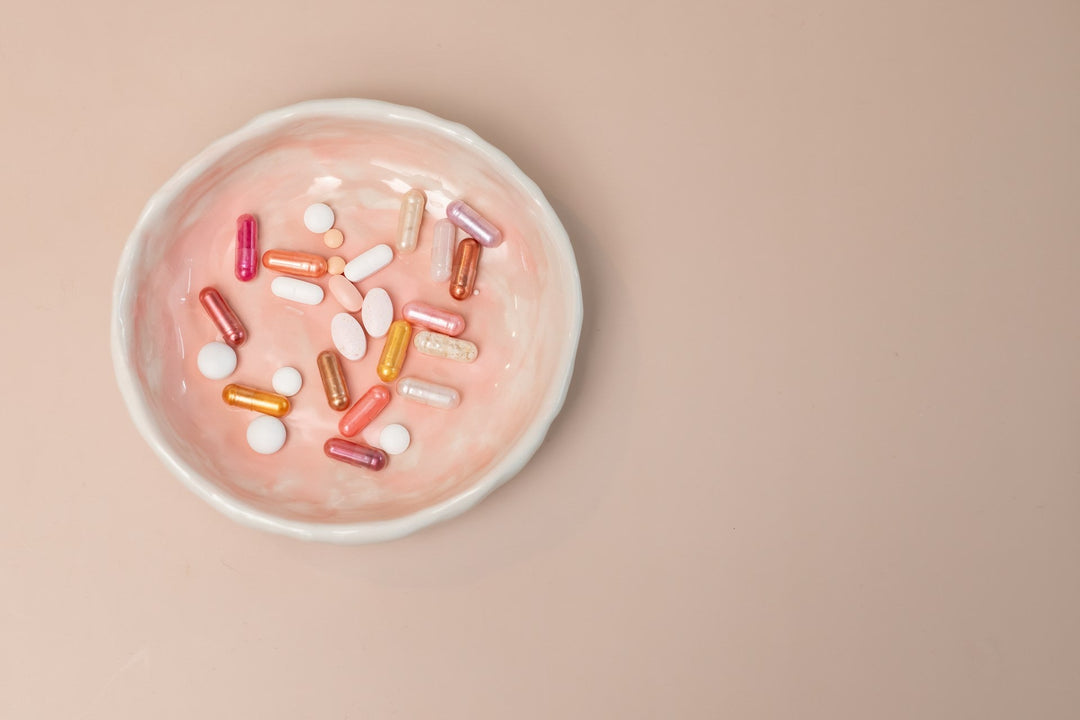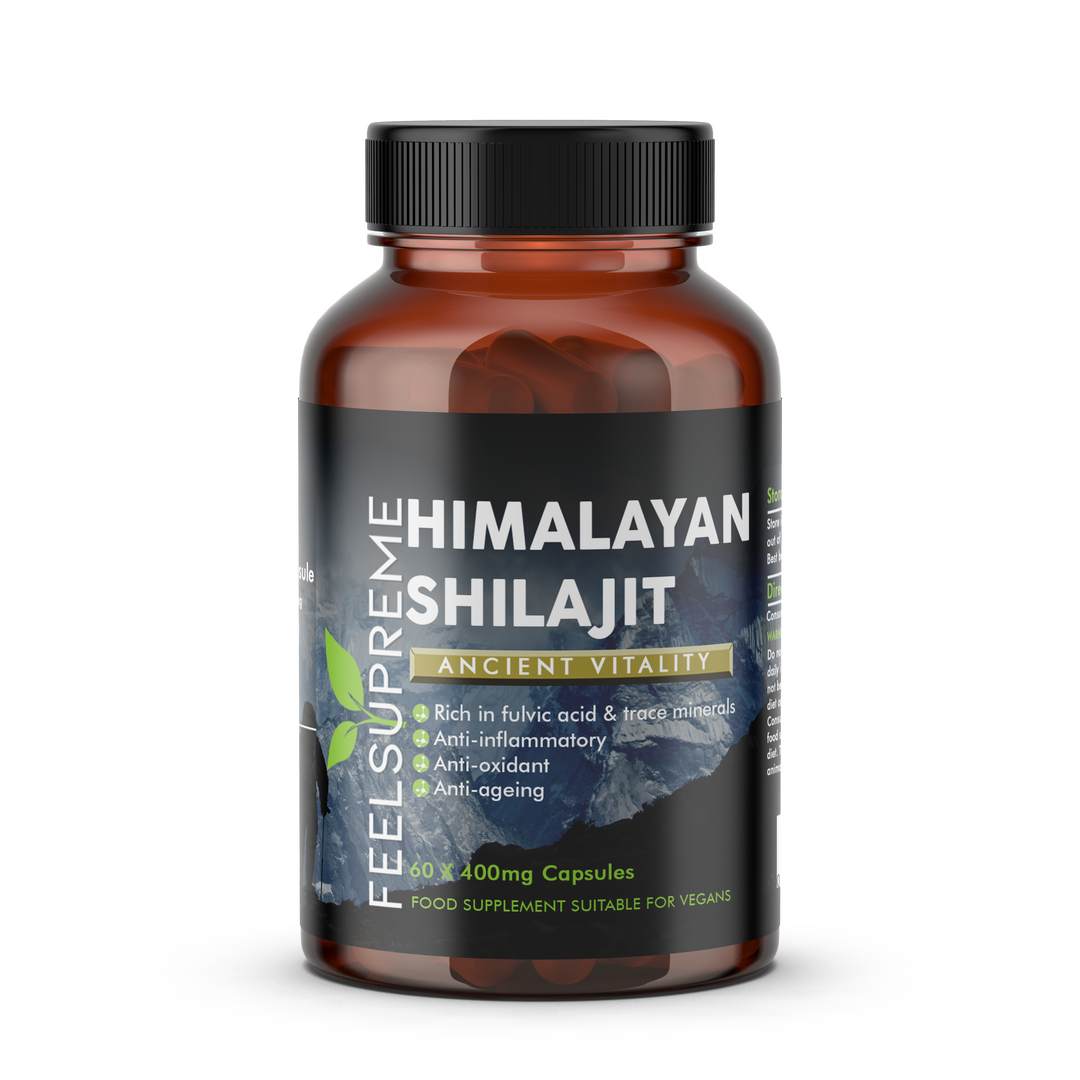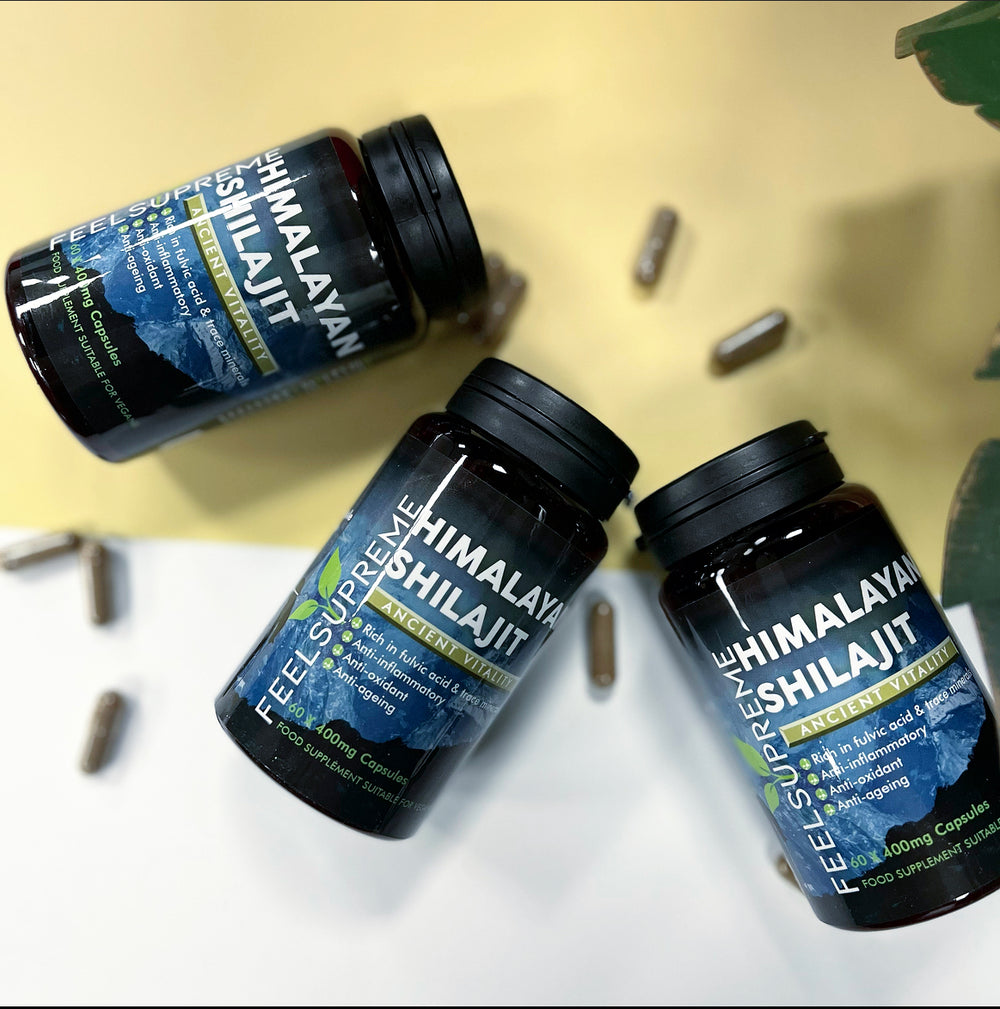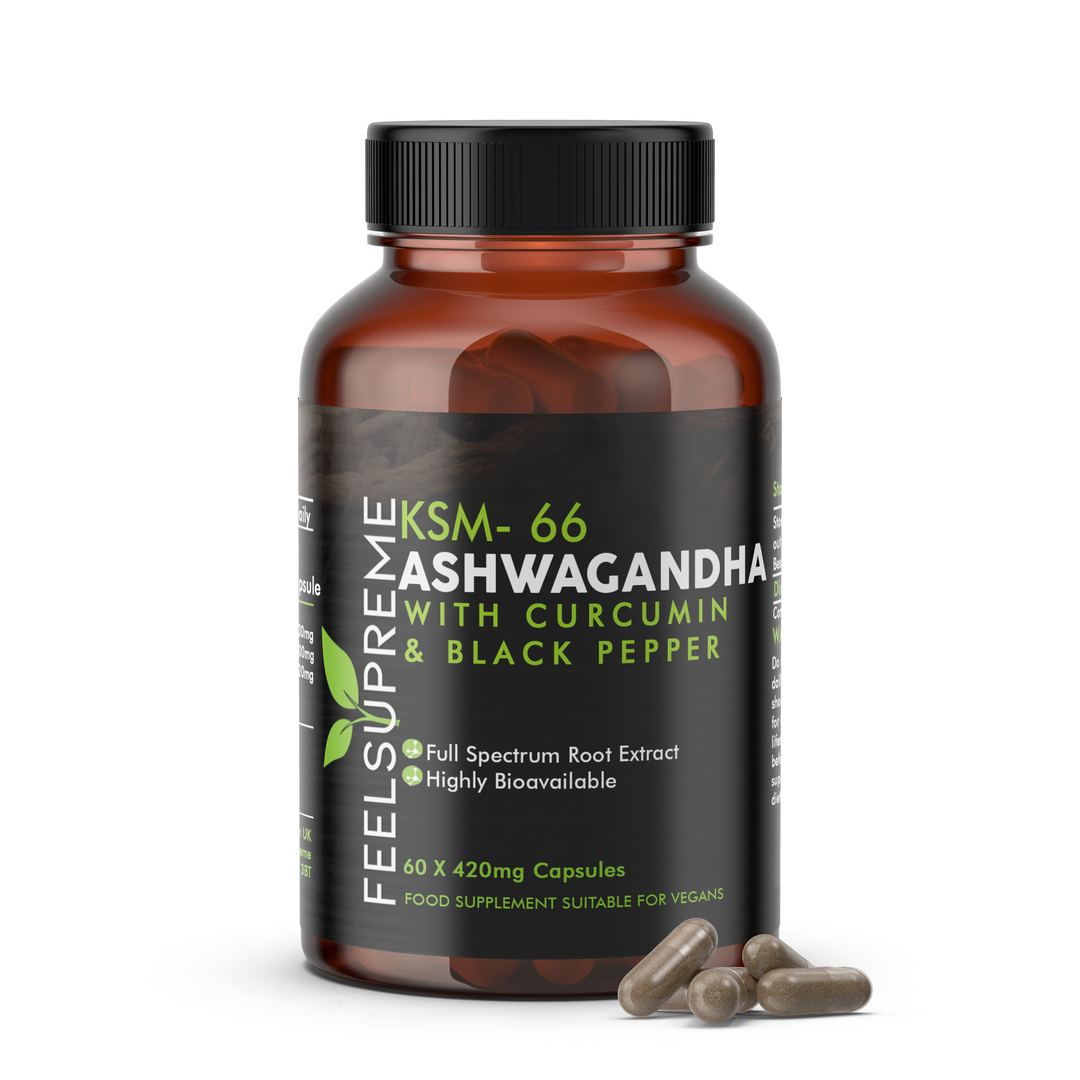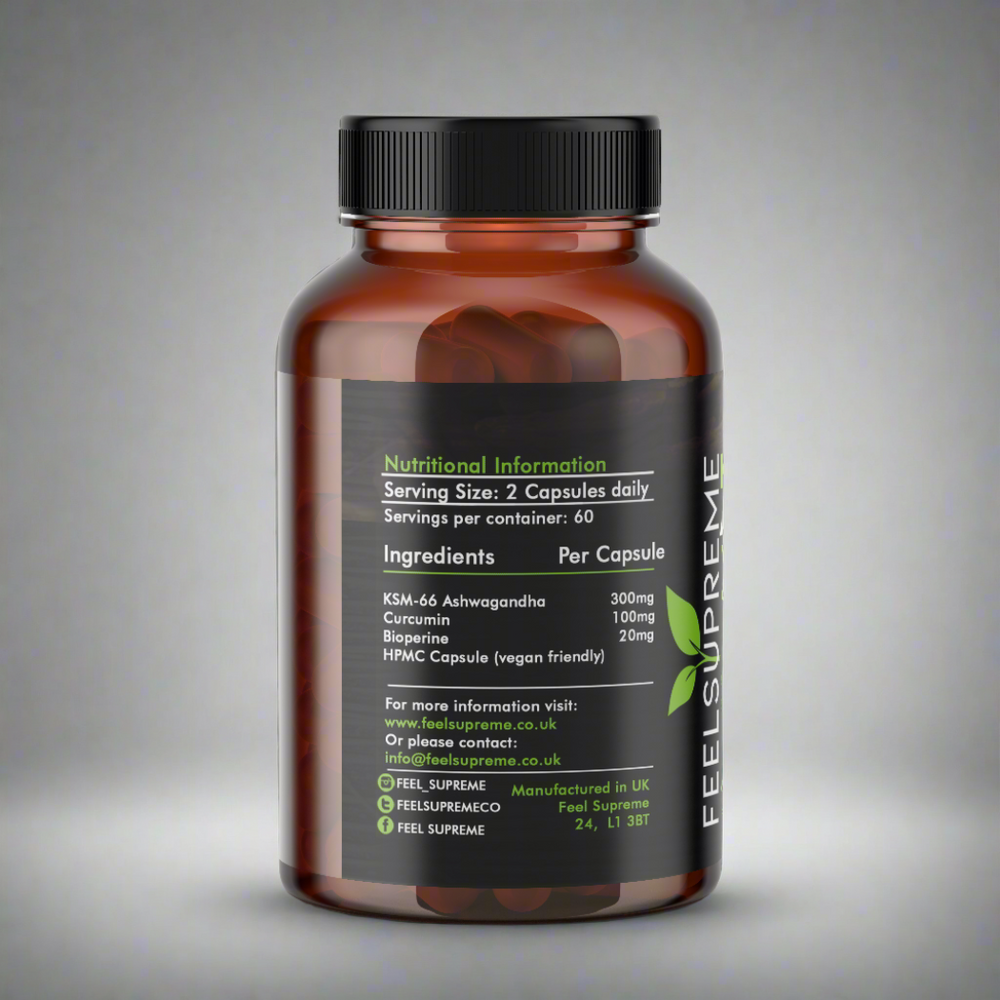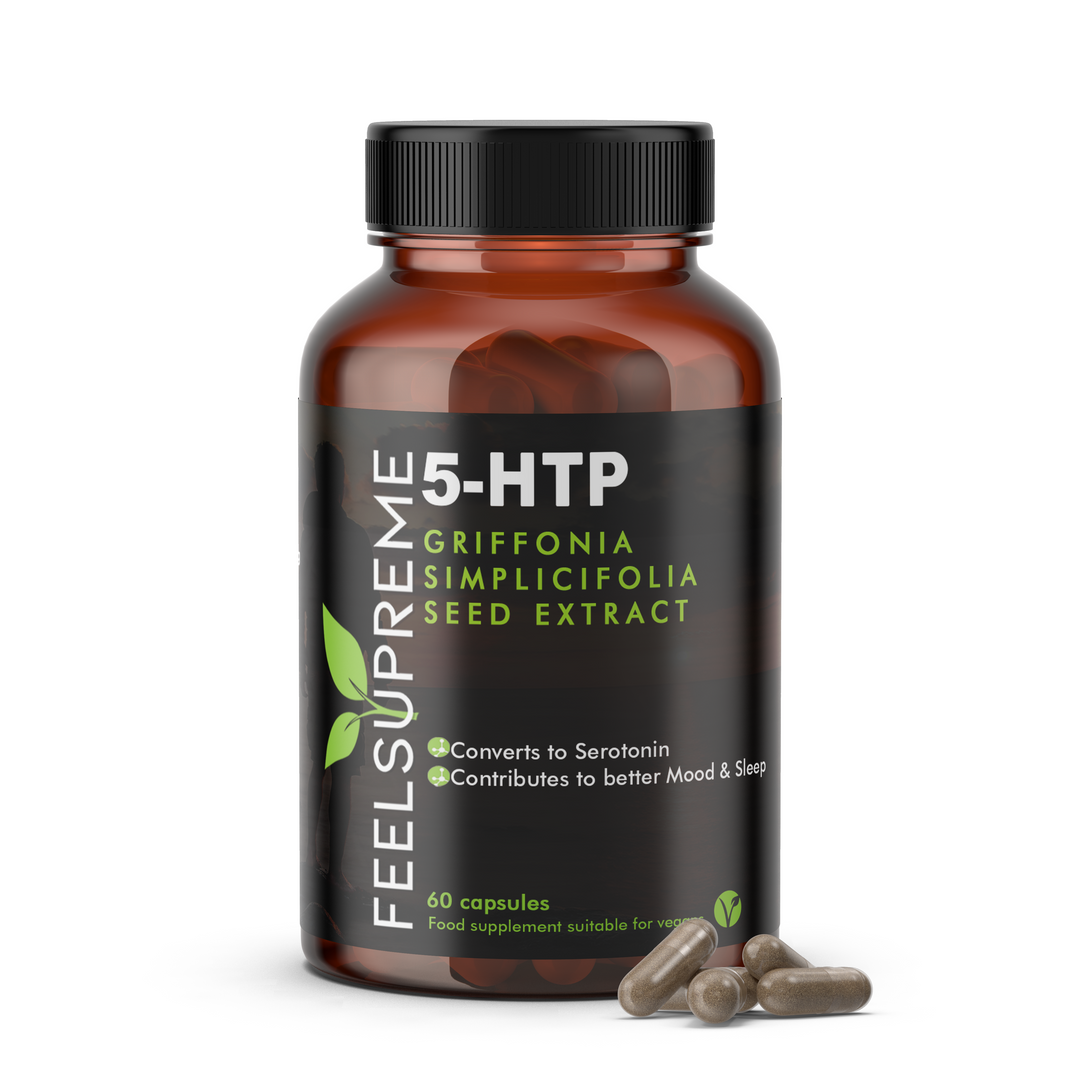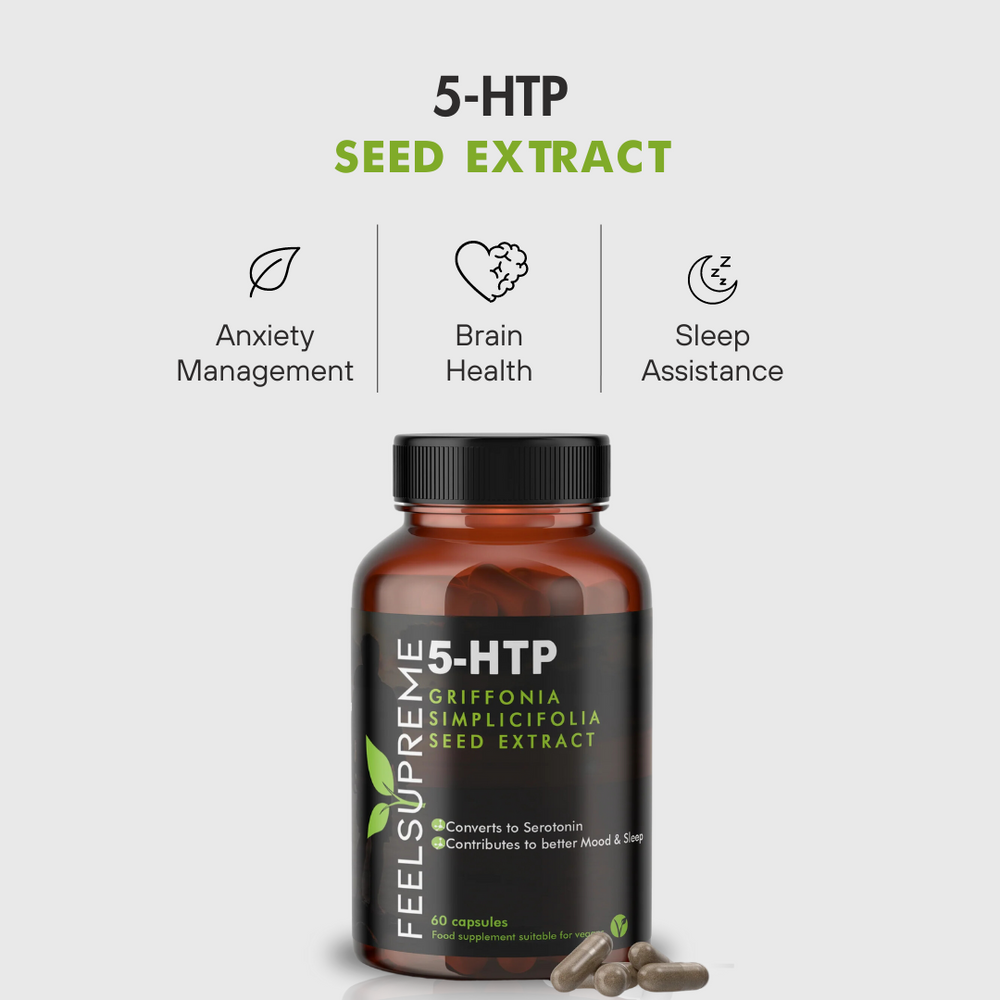Benefits of Irish sea moss: what is it and why should you eat it? Despite its name, Irish sea moss is not a moss, nor is it exclusive to the shores of Ireland. It’s actually an algae that can be found growing in many Atlantic coastal regions of Europe, the US, Canada, and the Caribbean, for instance. You might also hear it referred to as carrageen moss, derived from its traditional Irish name of carraigín, or "little rock”.
A quick history of Irish sea moss
As a result of the popularity of natural healer Dr Sebi, Irish sea moss has become a rising star in nutritional supplementation in recent years. However, the Irish have known about the power of the Chondrus crispus algae for hundreds of years. In Irish folklore, sea moss was often carried on trips or placed around the home to promote good health and fortune. This association with health continued into the 1800s, when it was used to treat respiratory diseases like pneumonia and tuberculosis. And thanks to its dense nutrient content, it was also a staple during the devastating potato famine of the 1840s. Today, many people still swear by the nutritional superpowers of Irish sea moss, but what does the science say? Is it all hype, or were the Irish on to a good thing?
What are the science-backed benefits of Irish sea moss?
Provides a rich supply of micronutrients
Packing an impressively wide variety of essential micronutrients, Irish sea moss is nature’s very own multivitamin. Consequently, a 100g serving meets almost half of your daily iron and folate needs and over a third of your magnesium requirements. It also contains over a quarter of your recommended daily riboflavin intake, to name just a couple of examples.
May support an underactive thyroid
Your thyroid produces hormones that play an essential role in every major system in the body. As a result of not producing enough of these hormones, your entire body is thrown into chaos. This is known as an underactive thyroid, or hypothyroidism, and it comes with symptoms like uncontrollable weight gain, fatigue, depression and widespread muscle pain. You can’t create thyroid hormones without the trace element iodine, but it’s one of the most common deficiencies in the world. In fact, it’s estimated that in as many as 95% of cases of hypothyroidism, the patient is iodine-deficient. Irish sea moss is packed with iodine, as well as another thyroid-essential trace mineral called selenium. Furthermore, it actually contains forms of tri-iodothyronine (T3) and thyroxin (T4), the two main thyroid hormones, and di-iodothyronine (DIT), a precursor to T3. Studies on other very similar algae that contain these compounds have shown that they provide the body with a source of thyroid hormones and the means to produce more. Note: if you’re receiving medical care for a thyroid condition, or you think you might have a thyroid condition that hasn’t yet been diagnosed, speak to your doctor before you supplement with iodine.
May strengthen the immune system
Do you catch every cough, cold and stomach bug that comes your way? Irish sea moss is packed full of natural anti-microbial and anti-viral agents that may help your body to fight off infection. Furthermore, there’s evidence to suggest that it can stimulate the production of key immune cells. It’s also loaded with immune-boosting compounds like Vitamin C and amino acids, as well as antioxidants that protect against cellular damage.
May protect respiratory health
Speaking of coughs and colds, one of the most annoying symptoms is the constant feeling of congestion and irritation. Potassium chloride, found in high concentrations in Irish sea moss, is a known expectorant, which means it thins the mucus and catarrh that causes congestion. Expectorants relieve irritation of the mucus membrane and make it easier for you to clear your airways. This is especially important if you have an active infection because a build-up of mucus can act as a breeding ground for more serious infections.
May promote a healthy digestive system
Just like your respiratory tract, your digestive tract is lined with a mucus membrane. When it becomes inflamed or damaged, you can end up with a host of gastrointestinal issues, such as gastritis, constipation, nutrient malabsorption, or an imbalance in gut bacteria. Certain compounds found in Irish sea moss break down to form a gelatinous fibre in the digestive tract. As well as helping to soothe inflammation in the gut’s mucus membranes, this fibre bulks up by absorbing moisture, which regulates gut function and promotes positive overall gut health. Although more human studies are needed to confirm this, some animal research also shows that Irish sea moss reduces harmful gut bacteria and maintains levels of the healthy bacteria that keep your digestive system running smoothly.
May help to maintain good mental health
The high vitamin B and potassium content of Irish sea moss may help to support mental health. Vitamin B is widely known to support the nervous system and moderate the body’s stress response, while potassium has been shown to relieve the symptoms of depression, promote a positive mood, and relieve tension. Although not yet proven by human research, it’s thought that Irish sea moss may offer the brain some protection from degenerative disease. In one study, worms that were supplemented with Chondrus crispus showed a reduction in the harmful proteins associated with Parkinson’s disease, and they appeared to be protected from certain neurotoxins.
May indirectly support weight loss
While research hasn’t yet explored whether algae like Irish sea moss can directly affect body weight, some of the other evidence-backed benefits suggest that it could do so indirectly. For example, an underactive thyroid often causes excessive weight gain due to an impaired metabolism. So by promoting healthy thyroid and metabolic function, it can be argued that Irish sea moss may help to resolve the underlying causes of weight gain, making it easier to achieve and maintain a healthy weight. Secondly, because it ‘bulks up’ in the digestive system, dietary fibre is known to promote a feeling of fullness and satisfaction for longer after eating. Because Irish sea moss is rich in such fibre, it stands to reason that it might help people who are trying to reduce their food intake or battle cravings.
Is it Irish Sea Moss safe?
Irish sea moss has been consumed for centuries without issue, but it’s gotten a bad rap because of its association with carrageenan. This common thickening agent is derived from Irish moss, which is sometimes known as carrageen moss, and the similarity between the two names has caused some confusion. The process of extracting carrageenAN from carraGEEN moss causes acid degradation, which is thought to lead to inflammation, ulcers and even tumours. The jury’s still out on this but in the meantime, carrageenAN is considered a possible carcinogen. However, carraGEEN is considered very safe in both natural or organic supplement form. That said, it’s important to speak to your doctor before supplementing with any new product, especially if you have an existing health condition.
How to take Irish Sea Moss
Irish moss is widely available in its natural form, either dried or fresh. It can even be used as a vegan alternative to gelatin in dishes like panna cotta. For our Irish Sea moss gel, we recommend to eat it raw straight off the spoon, or mix in a smoothie. Want to try Irish sea moss for yourself? Visit our online shop now and order yours
References
1. Algae as nutritional and functional food sources: revisiting our understanding Wells ML et al., Journal of Applied Phycology, 2017. 2. Seaweed, irishmoss, raw Nutrition Facts & Calories Self Nutrition Data, accessed September 2019. 3. Underactive thyroid (hypothyroidism) NHS, accessed September 2019. 4. Iodine Factsheet for Consumers National Institute of Health, accessed September 2019. 5. Iodine, Iodine metabolism and Iodine deficiency disorders revisited Ahad F, Ganie SA, Indian Journal of Endocrinology & Metabolism, 2010. 6. Thyroid Testing Information & Recommendations Clinical Education, accessed September 2019. 7. Seaweed and soy: companion foods in Asian cuisine and their effects on thyroid function in American women. Teas J et al., Journal of Medicinal Food, 2007. 8. Effects of kelp supplementation on thyroid function in euthyroid subjects. Clark CD et al., Endocrine Practice, 2003. 9. Components of the Cultivated Red Seaweed Chondrus crispus Enhance the Immune Response of Caenorhabditis elegans to Pseudomonas aeruginosa through the pmk-1, daf-2/daf-16, and skn-1 Pathways Liu J et al., Applied Environmental Microbiology, 2013.
References
10. Algae, A Possible Source for New Drugs in the Treatment of HIV and Other Viral Diseases Luescher-Mattli M, Current Medicinal Chemistry – Anti-Infective Agents, 2003. 11. Potassium Iodide Solution WebMD, accessed September 2019. 12. The physiology of mucus and sputum production in the respiratory system Richardson M, Nursing Times, 2003. 13. Role of mucus layers in gut infection and inflammation Hansson GC, Current Opinion in Microbiology, 2012. 14. Seaweed and human health. Brown ES et al., Nutrition Reviews, 2014. 15. Prebiotic effects of diet supplemented with the cultivated red seaweed Chondrus crispus or with fructo-oligo-saccharide on host immunity, colonic microbiota and gut microbial metabolites Liu J, BMC Complementary and Alternative Medicine, 2015. 16. Feed supplementation with red seaweeds, Chondrus crispus and Sarcodiotheca gaudichaudii, affects performance, egg quality, and gut microbiota of layer hens. Kulshreshtha G et al., Poultry Science, 2014. 17. Dietary electrolytes are related to mood. Torres SJ et al., The British Journal of Nutrition, 2008. 18. Neuroprotective Effects of the Cultivated Chondrus crispus in a C. elegans Model of Parkinson’s Disease Liu J et al., Marine Drugs, 2015. 19. Lifestyle factors and 5-year abdominal fat accumulation in a minority cohort: the IRAS Family Study. Hairston KG et al., Obesity, 2012.
